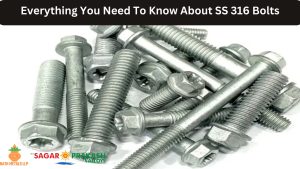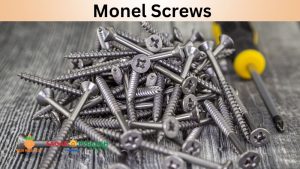Understanding these metals’ various properties and applications is crucial whether you intend to employ copper forgings for your business or have already begun. Knowing more about these features and applications can help you decide how to proceed with the project. Copper Forgings have played a significant role in the growth of the global economy in the contemporary era. It has been used in various industrial applications for hundreds of years. Additionally, copper is utilized in numerous artistic objects.
Due to its malleability and electrical conductivity, copper is a common metal for forgings. It is a valuable material for manufacturing because it is also a highly malleable metal. Various methods are employed to produce Copper Forgings. Open-die forging, cold forging, hot forging, and cross-grain forging are a few of them. These forgings might be light or heavy depending on the part’s geometry, size, and shape. These Copper Forgings have many features, some of which are explained below.
Texture Microstructure of Copper Forgings
Copper forgings exhibit a variety of microstructural textures. For some applications, coarse-grained microstructures are acceptable, but a homogeneous microstructure is required to achieve consistent deformation and increased strength. Stable end orientation and a stable base were related to the b-fibre texture’s main component. It is connected to a Goss component instead of the a-fiber texture component, which was connected to a dependable FCC structure. The AA-6063 alloy has a Goss component and a strong brass-like texture.
The Durability of Cu Forgings
Copper is strong, electrically conductive, malleable, long-lasting, and durable. Several businesses can employ forging due to the copper substance. Metal is bent or carved into different shapes during the forging process. High pressure and heat are used for forging. Specialized machinery and knowledgeable employees are required to make varied shapes of metal. A zinc coating can enhance the durability of copper forgings. Forging also aids in enhancing the microstructure of copper components. Additionally, loose casting flaws are eliminated. Compared to other metals, the overall cost of copper forgings is inexpensive.
Corrosion Resistance of Copper Alloy Forgings
Pure copper is a popular choice across numerous industries, particularly for plumbing and electrical applications. It has strong thermal conductivity and works well as a heat and electrical conductor. Additionally, copper is quite malleable and robust. Copper and copper alloy forgings withstand corrosion from seawater well. The complicated surface coating that develops on the metal when exposed to seawater gives it a corrosion-resistant property. These films are produced when the metal is subjected to heat-induced expansion and contraction.
Pressure Tightness Property of Cu Alloy Forgings
Copper may be forged into various forms and sizes using a forging process. High heat conductivity and ductility characterize this metal. It can be moulded as well. It frequently appears in valves, gears, and bearings. Heat treatment is another option for enhancing strength. It offers superb machining properties. The raw materials’ quality determines how well a forging turns out. Casts that are effective or even subpar can be produced by using the correct material. The proper material can increase the mould’s lifespan and help you save money.
Applications of Copper Forgings
There is a long history of using copper in a variety of ways. It works well for producing beautiful door hardware. Additionally, its great strength-to-weight ratio is well known. Hydraulic pumps, valves, and high-pressure pipe fittings all frequently employ it. It may be processed easily as well. Copper forgings are commonly used in many industries. It is used in various products, including refrigeration, gas-handling gear, and industrial machinery.





